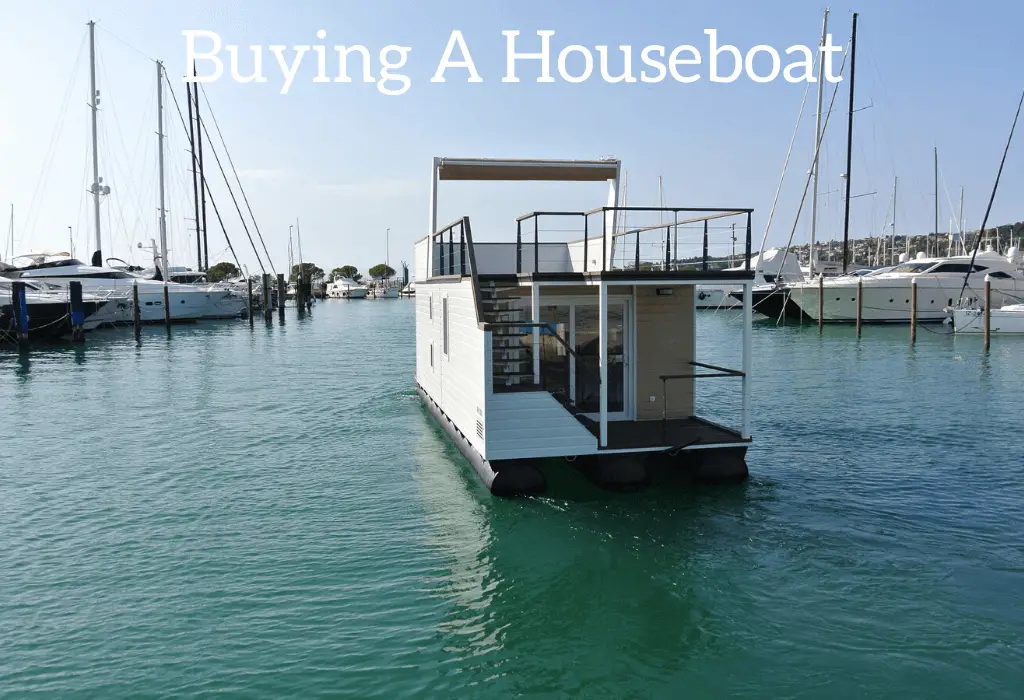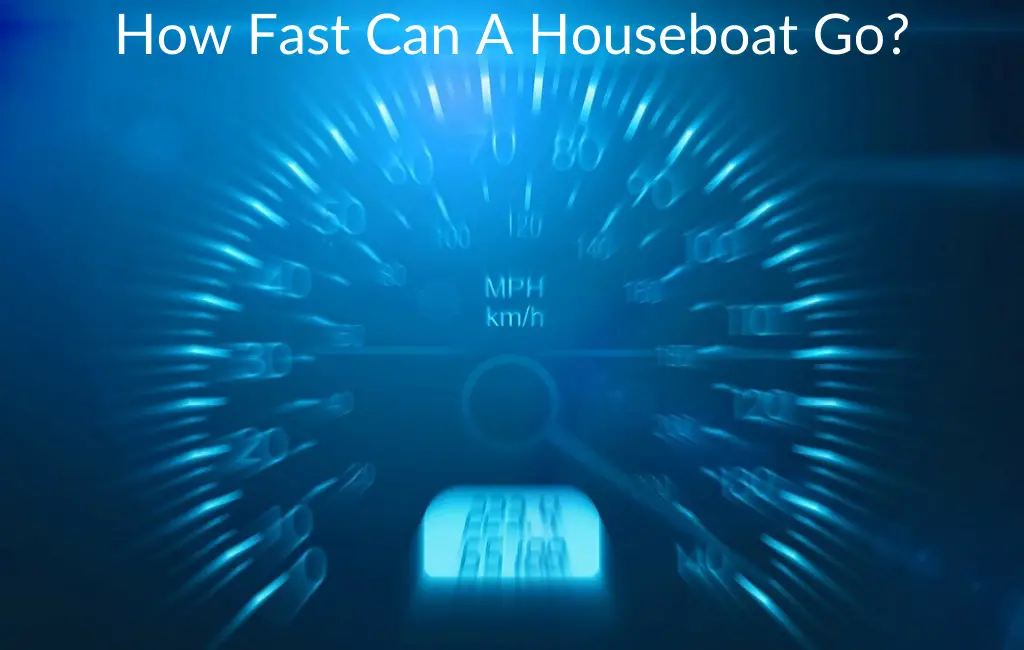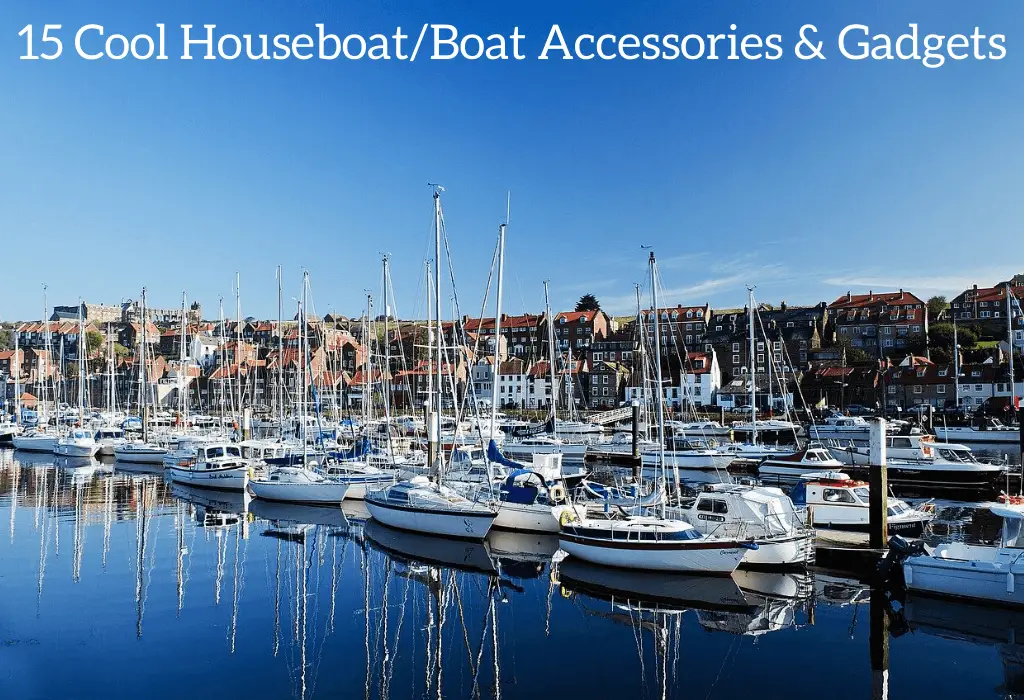If you are new to the world of boating you might be wondering if the engine on your boat can get wet. Obviously normal engines and electronics don’t do well with water but certainly boat engines would be waterproof, right?
*This post may contain affiliate links. As an Amazon Associate we earn from qualifying purchases.
For most boats the outside of the engine can get wet with some splashing but they should not be submerged and the electronics should stay dry. Boat engines are typically not waterproof but the housing will protect the most important parts of the engine from getting splashed.
Even boats can easily get damaged due to the presence of excess water especially if that water is allowed to pool and sit for long periods of time. The exposure to harsh weather conditions or the presence of water over time can easily cause the decking, hull, or other parts on the boat to rust or rot away.
This effect that water has on bots makes it even more important to introduce new technologies and mechanisms of manufacturing of boats in order to prevent the engine along with the rest of the boat from getting wet or damaged by the water. All parts of the boat including the engine should be regularly maintained at regular intervals to not only keep everything functioning properly but also to ensure that both the engine and other parts of the boat don’t get wet where they shouldn’t.
In the rare case that the engine gets wet due to rain or constant use all the time, crucial actions need to be taken to manage the situation.
Sometimes, rusting can also occur in the boat’s motor due to the interaction of a waterlogged motor with air. Thus, precautions need to be taken to avoid these situations.
Does the water do any damage if it gets inside the boat engine?
The worst situation might happen if the water gets inside the actual boat engine. The problem which can most certainly arise is that of fuel delivery.
The fuel might not reach the correct parts of the engine which can make the situation worse and quickly go from a wet motor to one that won’t stay running. Once the engine gets covered with water, it might be difficult to start it up again or may cause the motor to stall.
Even if you torque the thermostat housing properly, the engine may take a long time to start and in the worst conditions, it might not get started period.
If the engine gets loaded with excess water, you will need to replace the fuel separator with fresh fuel which is a time consuming process for sure. Thus, care should be taken to avoid getting any water in the boat engine.
Does the boat quality also affect the water quality?
The engine of the boat may affect the water ecosystem and thus marine life as well. There are several chemical components used in the manufacturing of a boat which can prove to be quite harmful for the water and the animals that call it home.
The pollution caused by these harmful components can affect the pH level of water and can damage aquatic life a lot. Lakes might get churned up in shallow areas due to the presence of harmful components and these chemicals might decrease the water quality and affect the presence of minerals in water as well.
Thus, both the boat and water have an adverse effect of water getting inside the engine.
However, that isn’t to say that all bots are bad for the water or for the surrounding environment. There are many boats that are designed to be much less invasive than others and are also designed to not let any bad chemicals or compounds get into the water.
In these cases boats shouldn’t harm the ecosystem of the water but unfortunately many boats are old enough where they do have an adverse effect.
What happens if a boat engine gets wet?
There are several situations which can occur and which might result if water gets in the boat’s engine.
The battery might get seriously affected and it may break down due to the presence of a large amount of water. The marine batteries are affected the most due to water getting in your boat engine. The battery terminals can also get wet and the boat will typically stop working and rusting might occur due to interaction of the wet engine with air.
Some other possible consequences are:
- Electrical shorts
- Fuel going bad
- Parts rusting
- Filters getting damaged
- Etc.
As you can see the consequences of a wet boat engine are large in number.
Is it fine to leave the boat in water?
The basic reason for water getting inside the boat engine is the presence of the boat in the water for a long period of time especially during the spring or wintertime when there is more moisture in most areas of the country.
If at all possible you should try to not leave your boat in the water for long periods or at minimum run it on a regular basis.
You can also combine the dry boat storage and water boat storage to minimize the exposure of the boat in the water. There should also always be a replacement drain plug near the boat to provide help in a situation of emergency.
For how long you should let a flooded engine sit?
This is a common question with boat motors but surpassingly this actually doesn’t refer to the boat motor being flooded with water but actually refers to the motor having too much fuel.
If you have accidentally flooded your boat motor you will typically want to let it sit for 15-20 minutes before attempting to start it again and allow the fuel to dissipate.
Often boat motors will have been primed too much or too much gas given when attempting to get the boat started which in turn will flood the motor. There are some additional things you can do to make the boat ready to start a little earlier but typically just waiting the 15-20 minutes is the best course of action when the motor is flooded.
What to do if the boat engine is flooded?
So what if If you find yourself with a flooded boat motor (again flooded with fuel not water). The easiest way to fix this issue is to simply figure out what flooded it in the first place, let it site for 15-20 minutes, and then try and start the motor without making the same mistake again.
People will often get anxious and try to give the big a little “gas” and will in turn flood the motor rather than helping it start. This is especially easy to do if you aren’t used to the boat or if it is the first time starting the boat for a while.
Patience will help a lot in this scenario.
Can a flooded boat engine fix itself?
A flooded engine can actually fix itself, as it just takes some time. Often people who have never used a boat or anything else with a similar motor will get frustrated trying to start their boat over and over again and not getting anywhere only to come back and be surprised that it now starts easily.
This is because the excess fuel will evaporate causing the boat’s motor to go back to its normal state and no longer be flooded which in turn allows the motor to start properly!
What are some reasons why a boat motor floods?
Boat motors can get flooded with fuel for a variety of reasons but the most common reason is an improper starting procedure. Flooding the engine can happen because of a mechanical issue but more often than not it’s an issue with the way the person is starting the boat and not an issue with the boat’s engine.
If you are brand new to boating it is worthwhile to talk with someone and get some advice on the best way to do all the “little things” that seem simple but actually require a little bit of practice to get right!
Conclusion
I hope this article has been helpful and that you have learned something not only about boat motors being waterproof but also about the motors in general.
If he only way to learn something is by practice or by looking it up for the first time so hopefully this article has answered some of the those first time questions for you.









